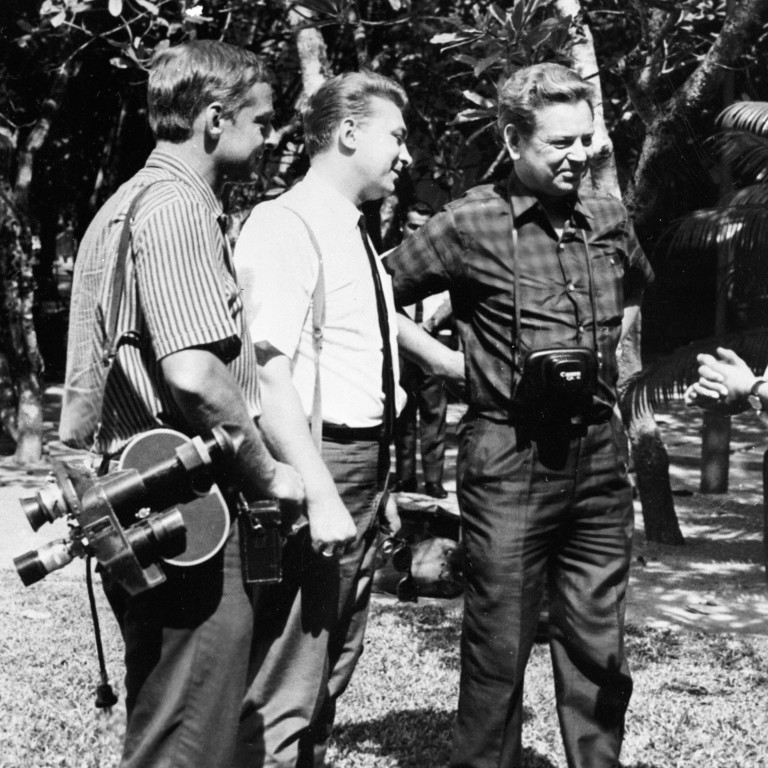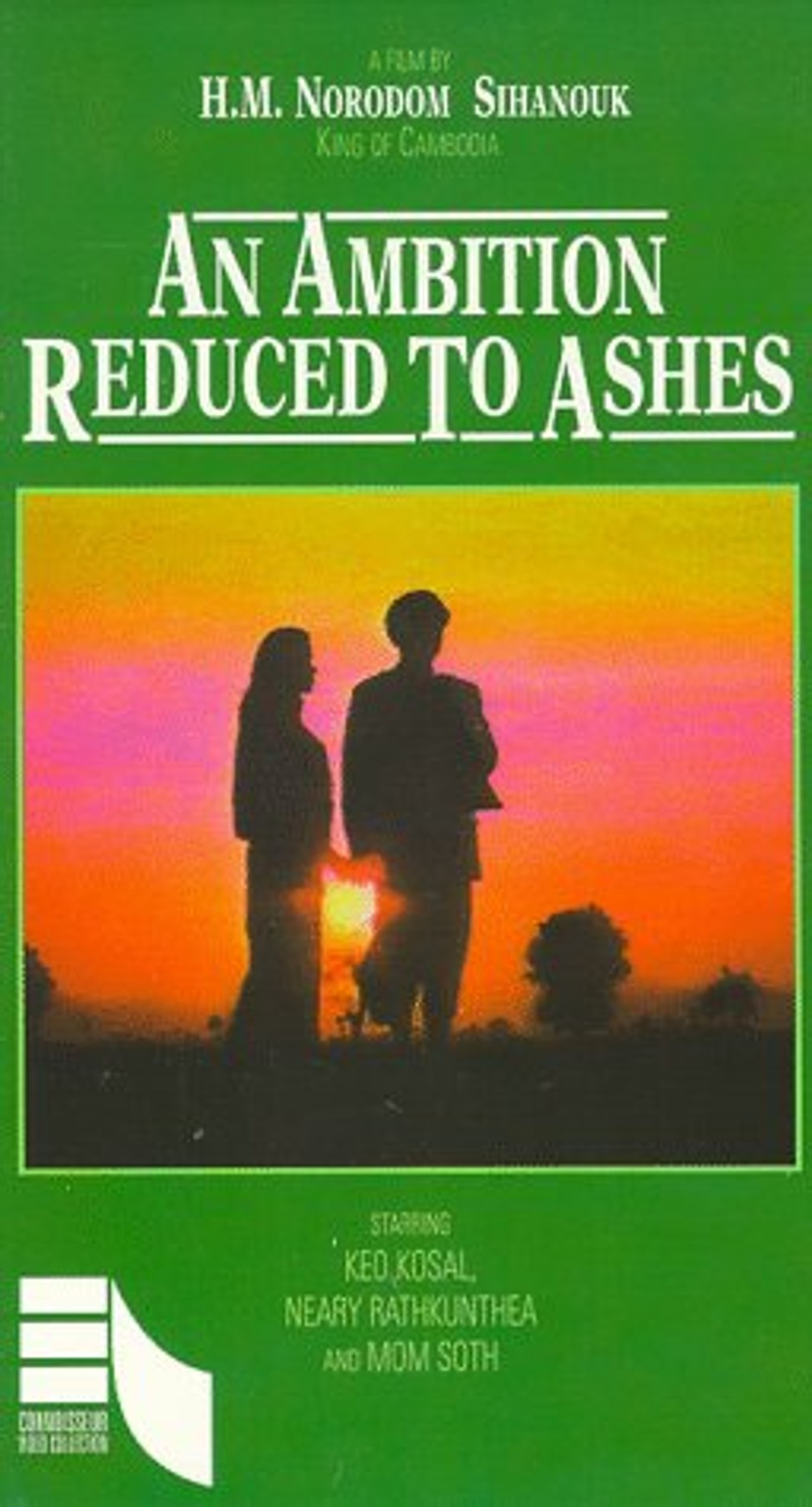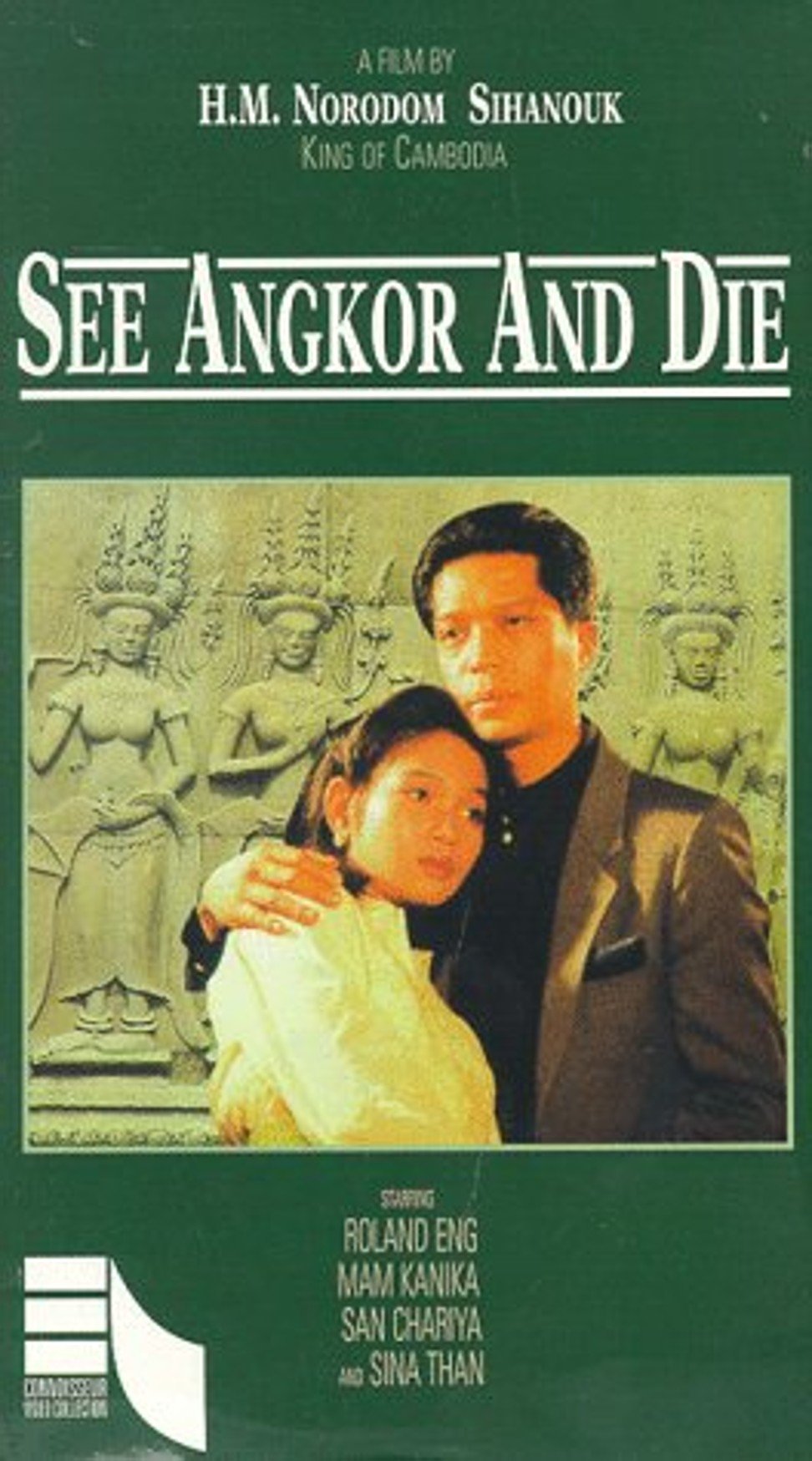
Cambodia’s King Sihanouk, who ‘would have rather been Clark Gable’, made more than 50 films
- The late Cambodian king, who died in 2011, fell in love with the cinema as a child watching French films
- Throughout his 60 years of filmmaking he sought to promote traditional Khmer culture
Filmmaking in Cambodia has always been a low-key affair – but it does come with the royal seal of approval. That’s because the country’s late King Norodom Sihanouk, who died in 2012 at the age of 89, was a prolific filmmaker who made around 50 films from the 1940s to the 2000s.
Sihanouk’s films, which were shot in 16mm, 35mm, and later on video, covered a range of topics including Cambodian politics, but his main focus was always clear – to promote and preserve traditional Khmer (Cambodian) culture. “I’m not interested in commercialising my films,” he told me in a statement in 1996, “I’m just interested in telling the story, history and culture of the Khmer people.”
Zhang Yimou film’s world premiere at Berlin festival axed
Although they often feature scenic spots like Angkor Wat, Sihanouk’s films were not travelogues aimed at tourists or film festival attendees – they usually made a point about Khmer history and politics, and were intended to be seen by local viewers. An Ambition Returned to Ashes is a case in point. Like his 1993 film To See Angkor and Die, 1995’s An Ambition Returned to Ashes combines aspects of Khmer history with modern Cambodia to make a point about the political ambition that had torn the country apart for decades.
The film unfolds poetically like a folk myth. It tells the story of a prince who has managed to live for 150 years with the help of a sorcerer, and the Buddhist monk who plots to illegally install him on the Khmer throne. “An unbridled ambition does not hoist us up to the helm, but rather takes us down to a tragic end,” Sihanouk states at the start of the film.

Although his later works were lyrical, that was not always the case. Shadow on Angkor, made in 1968, was a contemporary drama about a Cambodian military plot to overthrow the king – the coup, aided by the CIA, fails but the film hints that the plotters may succeed if they try again.
The film presaged the coup by Marshal Lon Nol which succeeded in ousting Sihanouk in 1970 – a coup that Sihanouk always claimed was aided by the CIA. (The actor who played the King’s betrayer was later executed by the Khmer Rouge.) The film is “a bit romanticised”, Sihanouk said in an interview in the documentary Norodom Sihanouk, King and Filmmaker.
Like Sihanouk’s real-life political career, some of his films are complex. Sihanouk initially supported the Khmer Rouge when they revolted against Lon Nol’s regime and 1993’s Peasants in Distress is equivocal towards the rebels.

The film uses a love story to illustrate dissension in the communist ranks. The hero, Cheyrith, is a foreign-educated Khmer Rouge leader who believes in treating people fairly and balks at slaying civilians. A love affair with a peasant girl brings Cheyrith into conflict with Man, a hard core communist who will stop at nothing to purge Cambodia of “foreign lackeys.”
Sihanouk became interested in films after his father, Norodom Suramarit, showed him French movies as a child – he was a particular fan of famed French actor Jean Gabin and German actress Marlene Dietrich. Sihanouk told his mother that he wanted to become a filmmaker, and she made that possible for him.
Throughout his life, Sihanouk claimed that he was more suited to the arts than politics – he once said he would like to have been Clark Gable – but he proved very adept in both fields.
